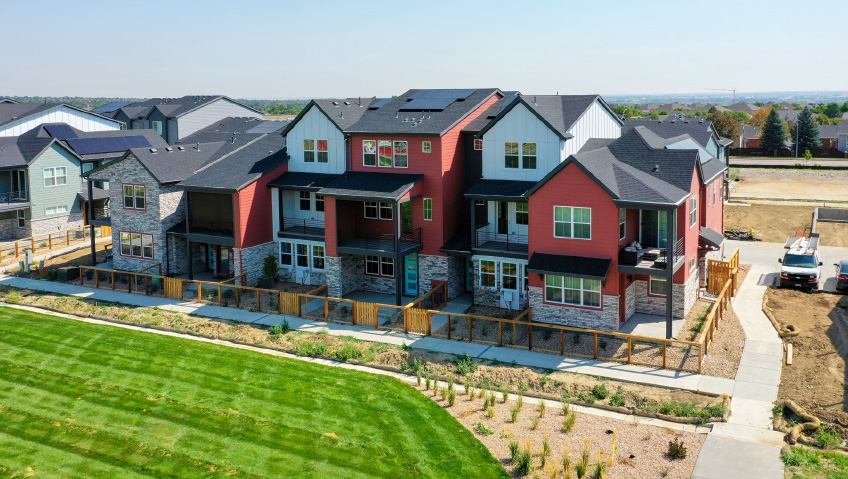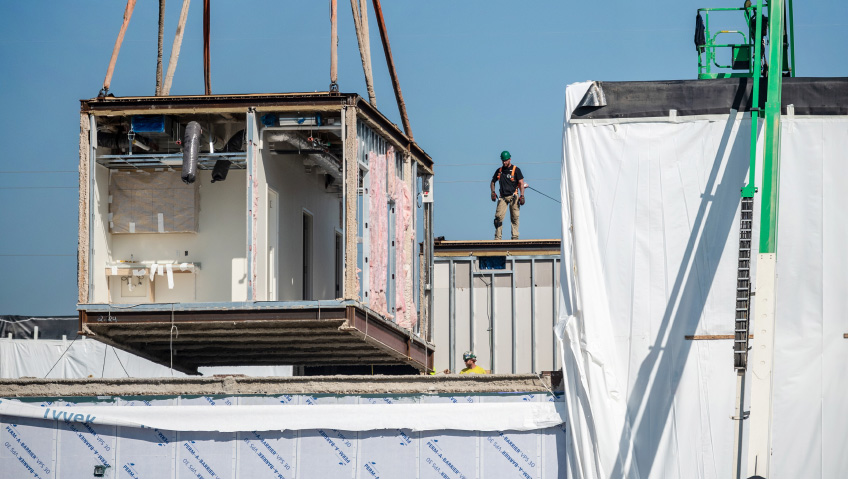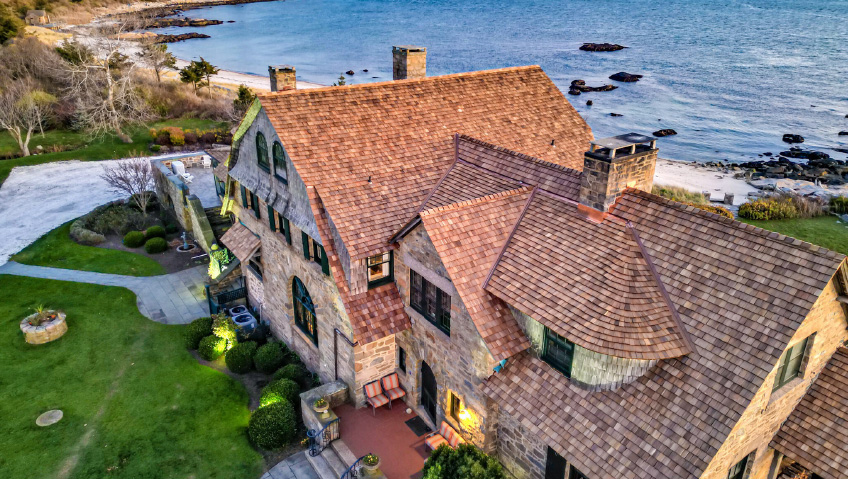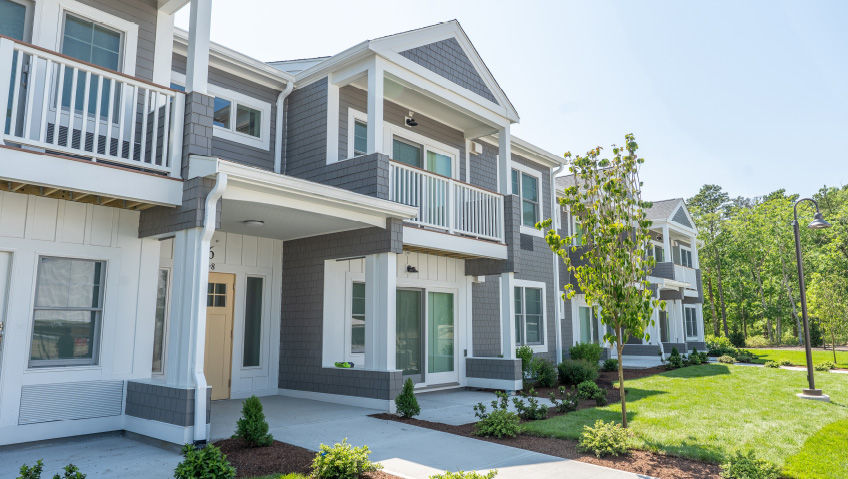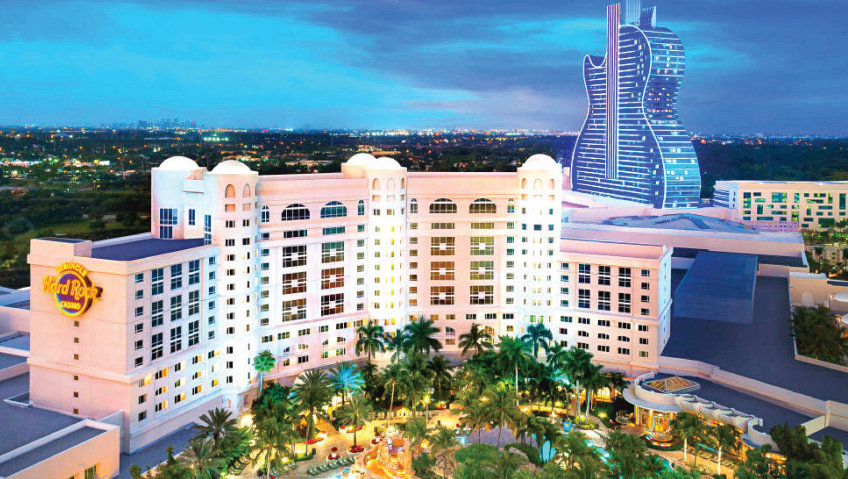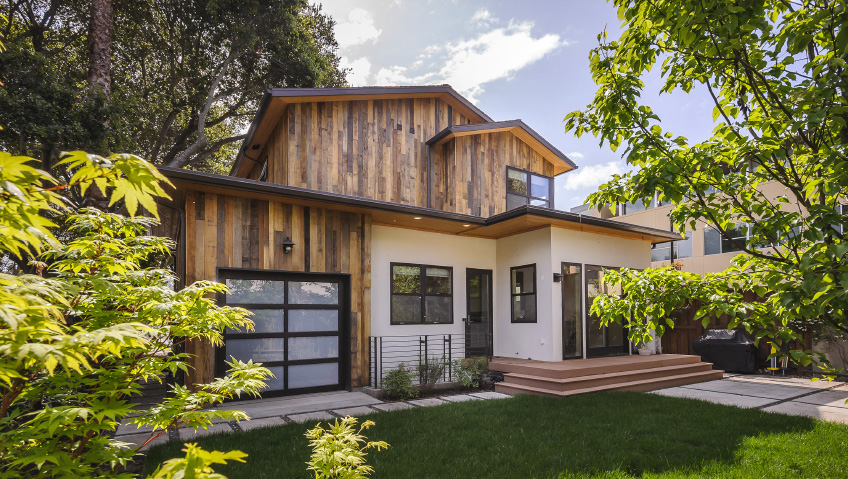McStain Neighborhoods got its start in Boulder, Colorado in 1966 as a small home-building company. Over time, that endeavor grew to be one of the larger private builders along the Front Range of the Rocky Mountains—an area running through cities like Pueblo and Casper—with its work mainly focusing on the border town sector of the metropolitan area of Boulder itself.
From its inception, McStain has been focused on the twin principles of design and sustainability. The company’s founders, Tom and Caroline Hoyt, kept those values at the core of the company philosophy throughout their managerial tenure and they remain at the heart of the business today.
The business continued to grow to a point where it was installing three hundred to four hundred homes annually by the mid-2000s, making it one of the more notable private home builders in the market at that time. Vice President of Operations Rick Lambert remembers that after the 2008 financial crisis, the company seriously downsized itself in a matter of months but held on to a piece of land it owned in Lafayette.
From that land, it managed to reenergize itself over the ensuing fifteen years, bringing it to where it is today, a business of over thirty employees installing seventy to eighty homes annually. “We’re back and will continue to grow and maintain our reputation as an important builder in the market,” he emphasizes.
The company has made its name around its home area by developing communities in many recognizable parts of Colorado. These include developments in places like Indian Peaks South in Lafayette, homes and condominiums built in the Del Mar community of Aurora, Casitas at Stapleton (now Central Park), Greenbriar Mobile Home Park in Westminster, and many more.
In 2022, McStain was named the Energy Star Builder Partner of the Year, a nationwide award that Lambert says is a big feather in the company’s cap. It also recently won the Department of Energy’s housing innovation award for a townhome it built in the Arras Park project, which he feels speaks to its commitment to sustainable building practices, and its being on the leading edge of its industry.
These ventures on the sustainability front are hardly new to the company. McStain’s commitment to sustainable building practices can be seen most distinctly in its BeWell homes. The business began this all-electric home project in 2022 and is still deeply involved. The company is excited about that, as well as that the community of Arras Park will soon be a WaterSense community, meaning the Environmental Protection Agency will certify that the homes in the community will use forty percent less water than a typical new home.
Vice President of Sales and Marketing Danielle Davis describes BeWell homes as involving many aspects of home and community building including land-planning, neighborhoods, green and open spaces, connecting communities to other neighborhoods, and more. BeWell also includes a commitment to customer satisfaction.
As clients journey from initially interacting with a community to finally becoming a homeowner, McStain and its workers are dedicated to helping them through the whole process. Lambert underlines that the customer experience is key to company operations, as it focuses on details that other builders often do not, including—and most importantly—what is best for a customer’s new home.
McStain backs up its sustainability-focused marketing, as its homes are certified by many third parties involved in renewable energy. “One hundred percent of our homes are certified by the Department of Energy as zero-energy ready,” Lambert states, and the homes are Energy Star-rated as well as Indoor airPLUS and WaterSense-compliant, and have a solar energy system to provide renewable energy for homeowners. He believes it is important that these certifications also come from larger organizations so that customers can better understand the standards to which the company holds itself.
Davis admits that the past twelve to eighteen months have been both the best and the worst of times for a business like McStain, thanks to the challenging environment in which the housing market currently finds itself. Fluctuations in the market and homebuilding costs have led to situations where company sales have been stronger than anticipated—or even desired—followed by interest rates doubling and home buyers being scared off. This unpredictable environment is beginning to even, according to Davis, and demand is creeping back into the market while McStain and other home-building businesses are more constrained by low inventory.
“Colorado is an in-demand place,” Davis explains, “Many people feel they don’t want to give up a 2.5 to 3 percent interest rate to make what they see as a lateral move.” The company is hoping that the newfound balance in the housing market will reset operations, especially as supply chains are beginning to come back to a healthier state, and hard-to-get materials are more available than they have been of late.
McStain will remain steadfast in its efforts, especially as an influx of private equity money in 2022 has helped it balance its finances and is allowing the company to be more aggressive in land acquisition, which will further fuel its goals for the upcoming few years.
The company is optimistic about the future, as the market seems to be heading to a place where new homes are the only game in town in some areas, which is the opportunity for the industry to step in and provide inventory at a more sustainable pace. Moreover, McStain continues to find itself at the forefront of an industry push toward improving homes by equipping new units with safer, all-electric appliances and greater weather readiness.
Lambert notes that several of the company’s projects are recently completed or will soon be, so attention will now be paid to kicking off projects while keeping an eye toward potential future endeavors. McStain’s teams are focused on buying land and establishing the building pipelines needed for them over the next two to four years so that it can return to its goal or re-attaining the previous company benchmark of two hundred homes per year. He admits this goal will likely not happen by 2024 as the company’s average sits now at about seventy to eighty homes annually but the potential is still high for 2025, so it must be ready for the jump to be made in the next two years.
McStain Homes is optimistic for both the future of the housing market and the business itself, as it continues to prepare itself for what could be the next great business boom which would propel it through the decade with renewed strength and a continued focus on design and sustainability.

